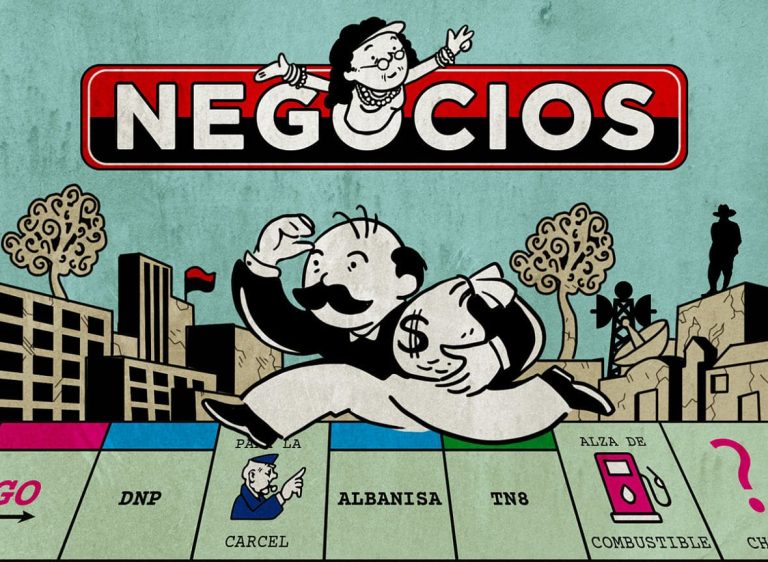Researching Government Contracts for COVID-19 Spending: A GIJN Factsheet
What should journalists investigate about government spending to fight the coronavirus pandemic? What should they look for and where can they find information? That’s the topic of a new GIJN resource, full of links and examples. Here’s the ultra-short version:
Understand How the Procurement System Works
- Who advertises for bidders?
- Who issues contracts?
- When and where is information available?
- What rules must be followed?
Track the Process Carefully
- Follow the tender offer announcements and contract awards closely.
- Download data where possible or create your own spreadsheets.
- Look for inside information. Talk to officials and commercial suppliers, competitors.
Learn about Red Flags
- Particularly those identified by anti-corruption experts.
At the Early Stages Watch For:
- No-bid contracts justified as emergency purchasing.
- Narrow descriptions of the desired product that may manipulate the outcome.
- Fast procedures, lack of adequate notice.
- Too many bidders, or too few.
- Unknown bidders winning.
- Very low winning bid.
- Bids rejected.
Investigate Winning Bidders
- Look for ties to government officials past and present, their relatives, etc.
- Investigate credentials and past performance of winning companies and their officers.
- Check if payments were paid upfront.
Examine Contract Terms and Fulfillment
- Read the contract documents, they include important information.
- Ask if deadlines were met. See if the costs rose. Look for contract modifications.
- Research if contract terms fulfilled. Ask about quality and performance.
Use Data
- Analyzing winning bids over time may reveal patterns. In some countries, procurement data can be downloaded. Look for patterns on who is winning contracts. Compare prices. Look at amounts purchased. Add up total expenditures. See if purchases are fulfilling the needs.









